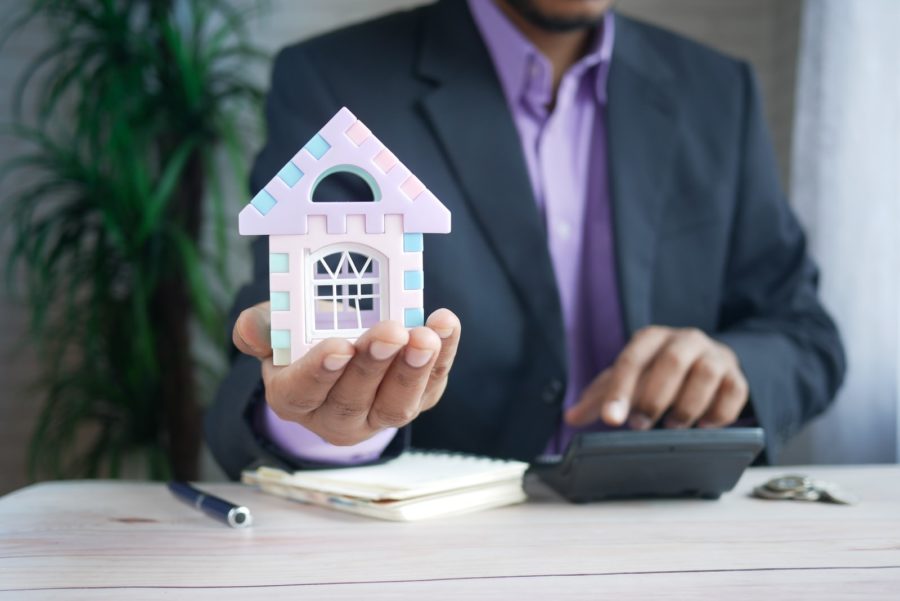Seniors and retirees who find themselves in financial trouble should look into a reverse mortgage. If they need supplemental income, money for healthcare or want to pay off their current mortgage, they could qualify to start using the equity from their home. It can be a good idea if you are older than 62, have at least 50% equity in your home and plan to continue living in and maintaining the home for the foreseeable future. Simply stated, a reverse mortgage is a loan against the value of your home. It allows homeowners to turn their equity into cash.
What is a Reverse Mortgage?
A reverse mortgage uses your home as collateral. This type of loan pays the homeowner for the equity they already hold in their home. Homeowners don’t need to pay anything upfront. They just need to qualify for the lender’s guidelines and decide how they would like their payment to be distributed. Over the life of the loan, the homeowner’s debt increases as the home equity decreases. Once the homeowner moves or dies, the sale of the house pays off the reverse mortgage.
As home values have increased over the last few years, many retirees and seniors may hold a lot more equity in their homes than they ever thought possible, which could make a reverse mortgage an attractive option.
Types of Reverse Mortgages
Home Equity Conversion Mortgage (HECM)
- Loan is federally insured and backed by the U.S. Department of Housing and Urban Development.
- Loan is commonly…














